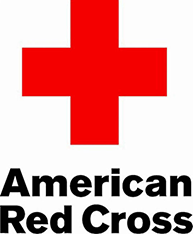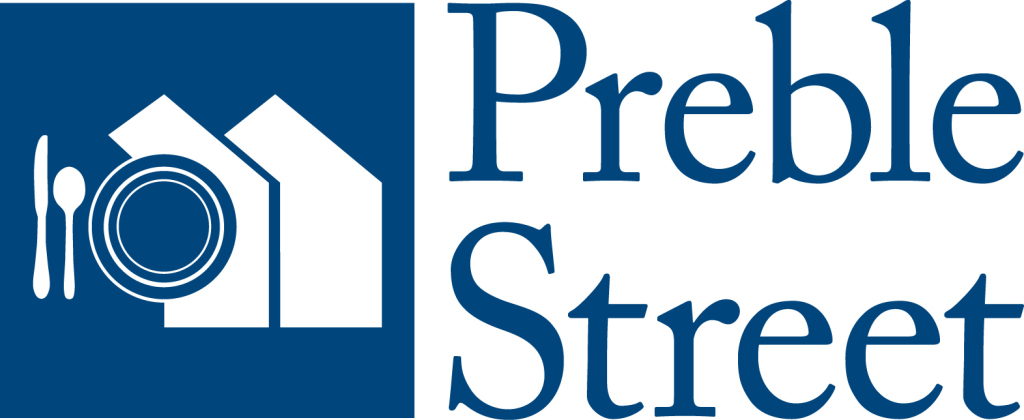Senior Citizenship Seminar
As a requirement of graduation from UNE’s College of Arts and Sciences, students must take a Senior Citizenship Seminar, a capstone experience of the Core Curriculum. Each semester, approximately 180 UNE seniors are enrolled in the seminar and are required to contribute at least 15 hours of community service.
This seminar reunites students from many academic majors and gives them the opportunity to reflect on their previous years of study in light of their duties and responsibilities as citizen members of a larger society.
The experience directs the student's attention both outward with a civic contribution and inward with reflection. It is intended to assist the student in making a bridge between college years and post-college life.
The seminar meets every other week for one semester during a student's senior year. During that semester the student actively participates in small group seminars via discussions, readings, reflections, written assignments and attendance at two Civic Engagement Presentations.
CIT 400 students are required to attend at least one on-campus lecture series/presentation and one off-campus town/city meeting. These calendars should be helpful for students looking to fill this requirement in the surrounding towns.
For more information, contact Meagan Erhart at (207) 602-2513 or merhart@une.edu.



Sample CIT Sites
Preble Street Soup Kitchen in Portland serves three meals a day — every day of the year — for a total of 600,000 meals a year, to people of all ages struggling to maintain independence on a fixed income, for whom food is scarce. UNE student volunteers assist with kitchen service for multiple meal shifts.
The American Red Cross in Portland offers students the opportunity to attend board meetings, help plan for committee meetings, and offer input/vote on projects/programs.
Wells Conservation Commision is an all-volunteer appointed board serving the Town of Wells, Maine. The commission seeks to ensure that the town’s natural resources — such as water quality, scenic views, native plants, and wildlife habitat — are conserved for future generations. UNE student volunteers attend commission meetings, take minutes, create agendas, and help with visual documentation of projects.
